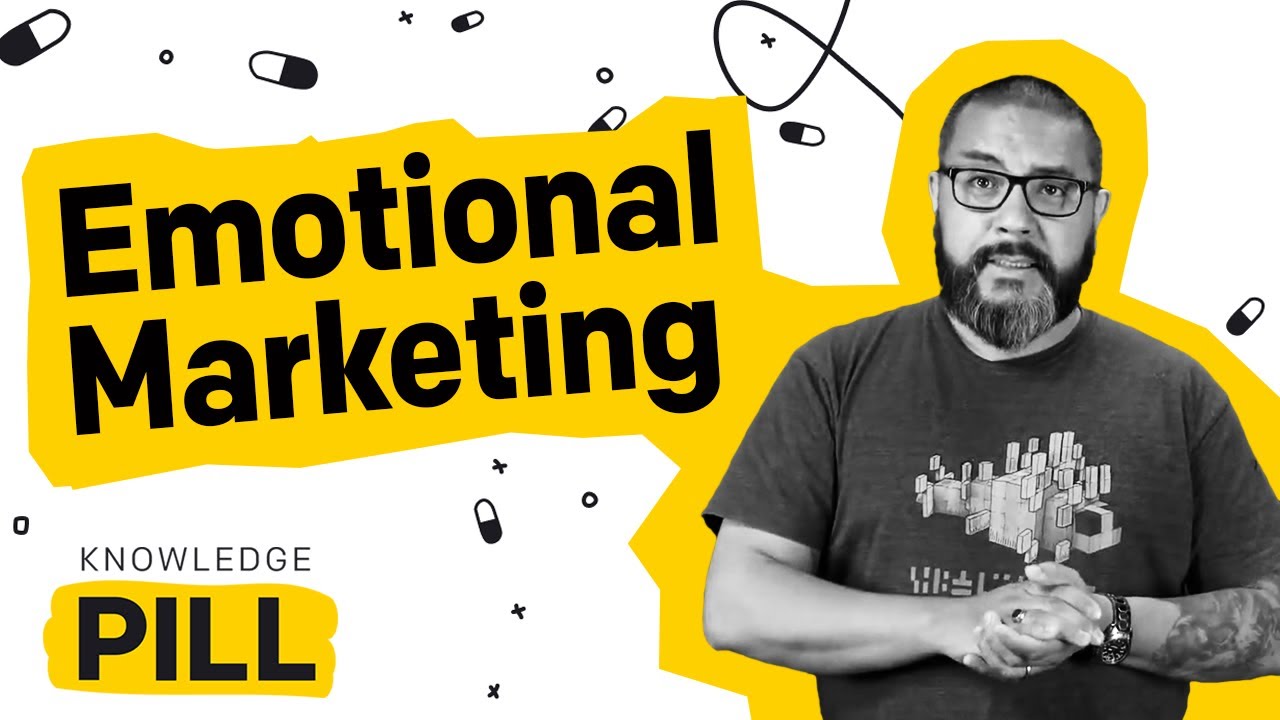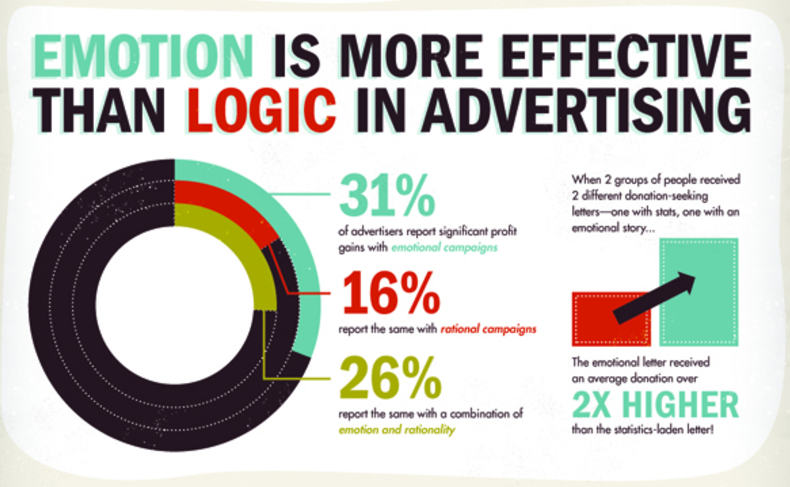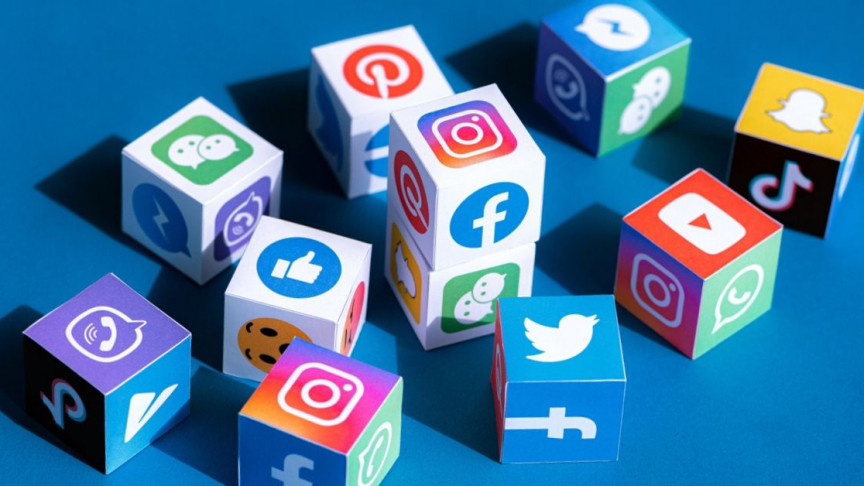You could believe that a more measured, technical approach to content marketingshould be taken when it comes to B2B buyers.
Is that correct?
We'll look at why emotion is important in B2B marketing, what kinds of emotional responses to elicit, and how tomake your content more emotionally appealing in this piece.
Why Do B2B Buyers Require Emotional Content Marketing?
The truth is, B2B buyers are the perfect audience for using emotion in content marketing. Why?
Because B2B buyers' sales processes are 22 percent lengthier than they were seven years ago.
Is this due to today's buyers' indecisiveness? Not in the least.
Indeed, 82 percent of B2B buyers believe that everyone is selling the same thing. There is a lot of competition.
To put it bluntly, all B2B providers appear to be the same. At least, it is how consumers see it. To make matters even more complicated, purchasers are aware that making a purchasing selection is a long-term commitment.
What's the greatest approach to make your brand stand out in a crowded market? Make an emotional appeal.
For many B2B marketers, this is the ultimate conundrum: how can you create an emotional connection with customers so that they become and stay brand loyal while also providing the technical details required for the sales process?
The greatest approach to do this is to provide relevant, informative content that connects with your readers on an emotional level.
How To Use Four Emotions To Create Emotional Content

Emotional Marketing: What Is It and How Can You Use It To Get Results?
Buffer published an essaycalled The Science of Emotion in Marketing: How Our Brains Decide What to Share and Who to Trust a few years ago. Courtney Seiter, the author of the essay, discusses how different emotions influence our marketing behaviors.
We'll look at the exact four emotions she highlighted, as well as how you might incorporate them into your content marketing strategy.
Anger
While rage isn't the healthiest emotion to use to cement a healthy relationship, it has its place.
You may believe, for example, that a blog article presenting an extreme viewpoint may alienate some of your readers. However, one research found that aggressive and arrogant comments on a blog post caused readers to dig in their heels and fight for what they already believed to be true.
The idea is that a piece of content that appears to be highly expressive isn't always a bad thing. It may aid in the strengthening of relationships with people who share your point of view as well as the beginning of a discourse with those who disagree.
As a result, if you want to promote brand loyalty, start a pointed conversation and see where it leads.
Sadness
We can't assert that marketing is devoid of "negative" feelings. Although most of us don't want to be sad, we typically feel empathy when we encounter something that makes us sad.
Not only that, but this type of melancholy causes an increase in oxytocin, a hormone that encourages us to be more trustworthy.
Create case studiesthat highlight how your brand has impacted the lives (not the firm as a whole) of your clientele if you want to project a positive, humanitarian image for your company.
Have you ever lent moneyto a single parent who is running a struggling business? Have you established a program to help those who are poor? Please pass this along to your readers.
Naturally, you want your attempt to be real rather than a publicity act. When it comes to using sadness as a marketing emotion, tread carefully.
Fear
Why is it that watching a horror film alone is so much scary than watching it with a friend? The fundamental reason is that humans are hard-wired to seek emotional support from one another.
According to certain research, in the absence of a real person, audiences will turn to a brand or an object to assuage their concerns.
In B2B content marketing, how does this work? You surely don't want to frighten your audience. You can, however, describe a frightful problem that your audience is facing and demonstrate how you can help.
Are your customers concerned that their product will become obsolete? Share their fear, and then demonstrate how you'll help them relax.
Happiness
Think of what happens when you see a baby let out a hearty laugh. Your immediate reaction is to smile and laugh, too.
Happiness is contagious. In marketing terms, happiness makes us want to share.
So, if your marketing goal is to increase shares and followers, think (and post) happy thoughts and images.
"By the time the reader has experienced the initial emotional attraction, and logic is “kicking in” a bit, it is time to present the useful and practical aspects of your content." ~Jeff Bullas
The Best Platforms For Making Emotional Connections
While new social platforms appear on a daily basis, there are a few standbys for B2B marketers. Here are some of my personal favorites (not in order of efficacy).
It's one of the most significant platforms for B2B marketers, but it's also one of the least used.
According to Oktopost, LinkedIn is responsible for 80% of B2B leads!
Do you want to increase your lead generation? It all begins with a fantastic LinkedIn company profile. Check out my new ebook, How to Create the Perfect LinkedIn Company Page, if you're not sure where to start.
Inside, you'll learn how to use photographs effectively, how to create a killer description, and get some insider advice from the pros.
Twitter is still the most popular platform for sharing information. Use this platform to attract your audience's attention to your own content and to instill brand confidence by publishing industry-relevant stuff.
Despite the fact that Facebook's algorithms change constantly, it remains a front-runner for engaging with industry leaders and customers.
Facebook is an excellent platform for sharing emotional content, particularly that which provokes sympathy or laughter.
Why Do Marketers Want Consumers To Have A Positive Emotional Response To Their Products?
In marketing, emotions such as wrath, happiness, and compassion add significance and depth to a brand's or product's experience. It establishes an emotional connection between the customer and the company, resulting in long-term commitment.
How Do Marketers Use Emotion When Trying To Persuade Consumers To By Something?
Negative emotion can attract customers' attention and lead them to look for a solution to the problem that caused the emotion. If a brand presents a problem that generates a negative reaction and then provides a solution, people may be persuaded to embrace or use the brand.
Why Is Emotion Important In Marketing?
Emotion is a powerful force. It has a lot of power since it can affect people's decisions and motivate them to take action. As a result, it has shown to be a successful marketing method for motivating people to do specified activities and achieve company goals. It frequently appeals to a single emotion.

